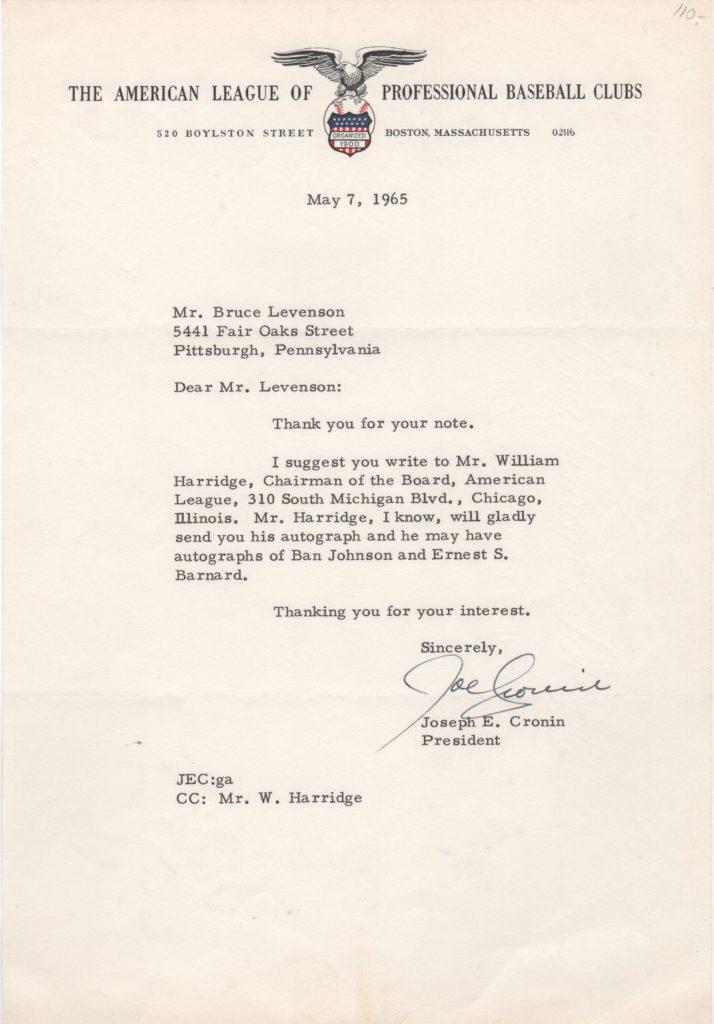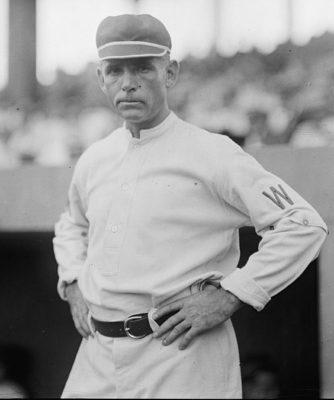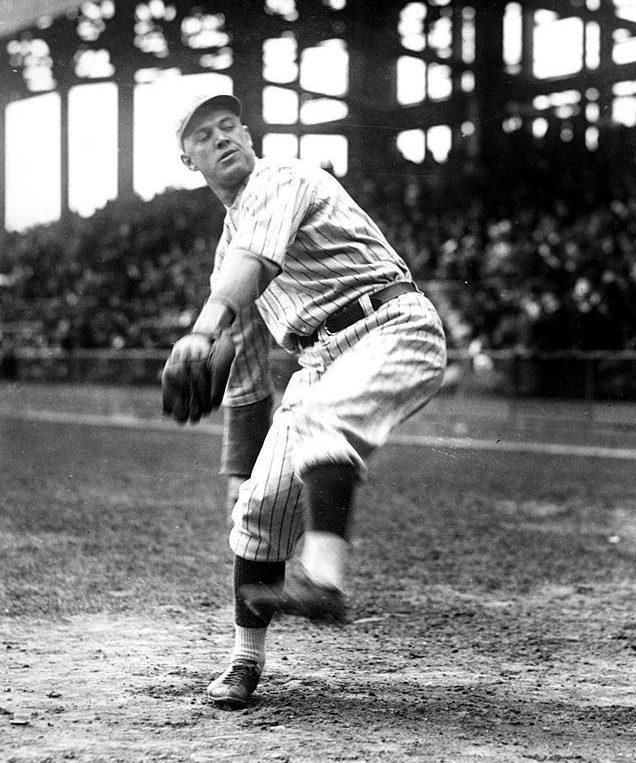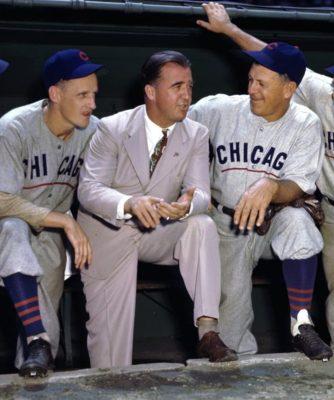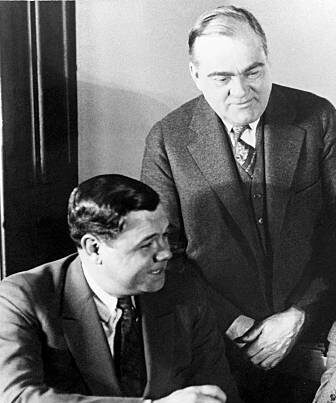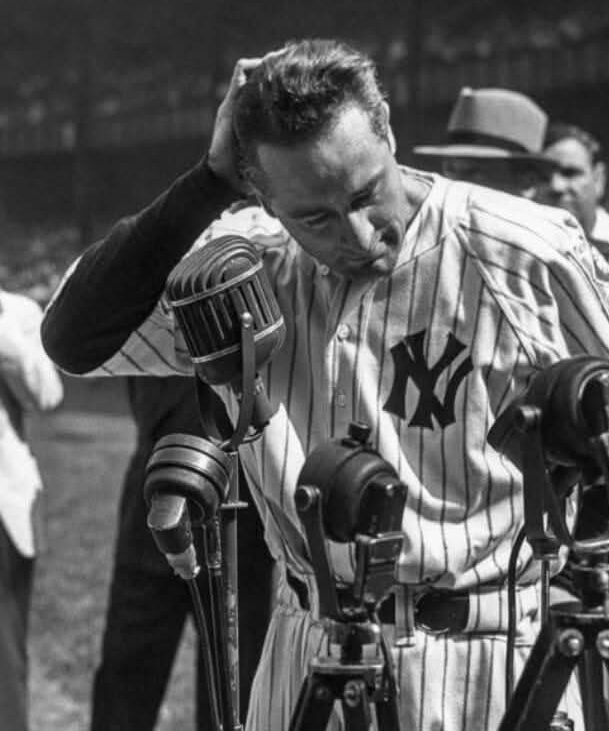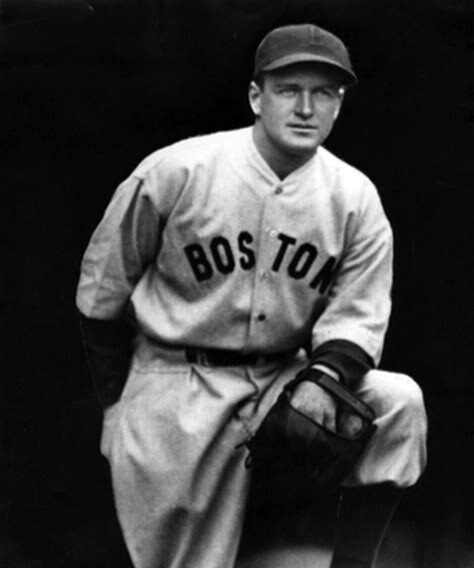William Harridge
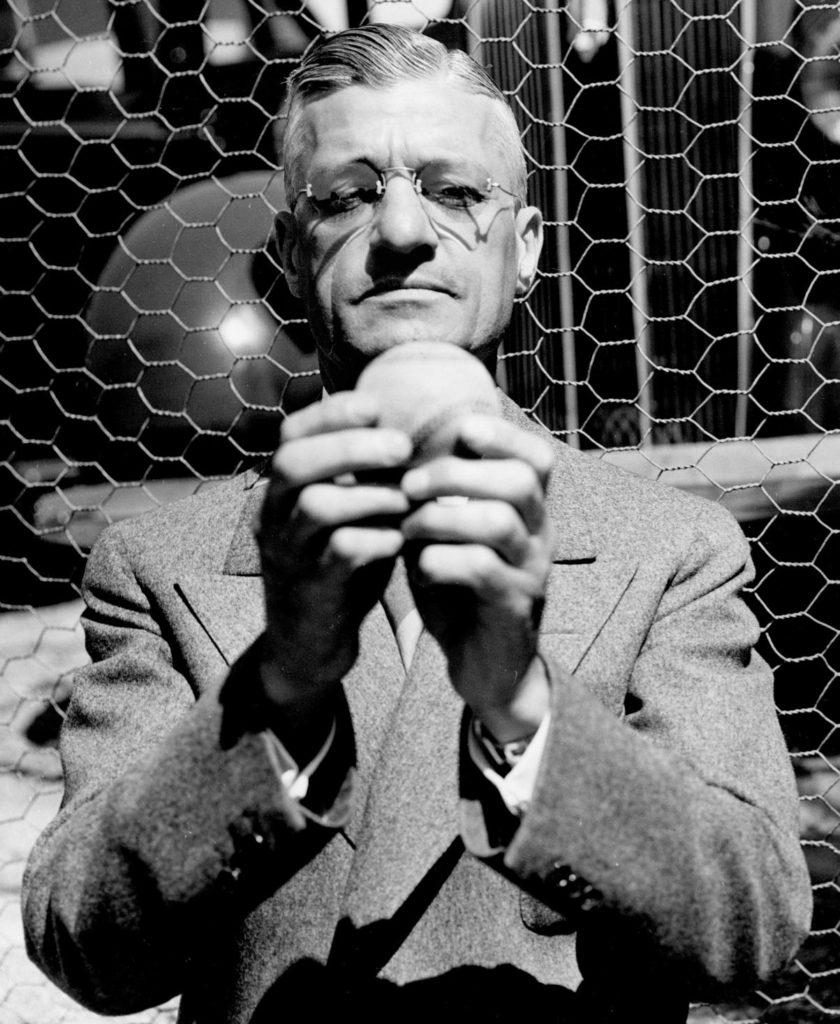
| Birthdate | 10/16/1883 |
| Death Date | 4/9/1971 |
| Debut Year | 1931 |
| Year of Induction | 1972 |
| Teams | American League, MLB |
| Positions | Executive, League President |
William Harridge was largely responsible for bringing about the first All Star game after which he tweaked the schedule to preserve Lou Gehrigs’s streak.
Leave a commentIn the collection:
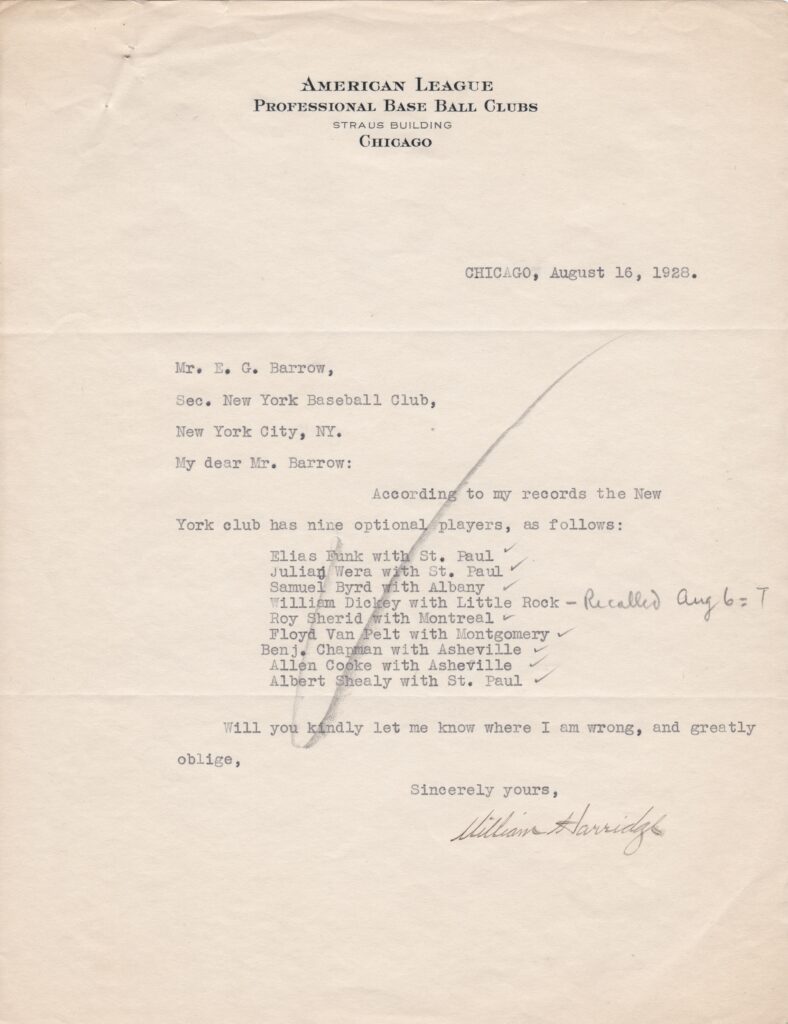
William Harridge had the longest tenure of any league president or commissioner
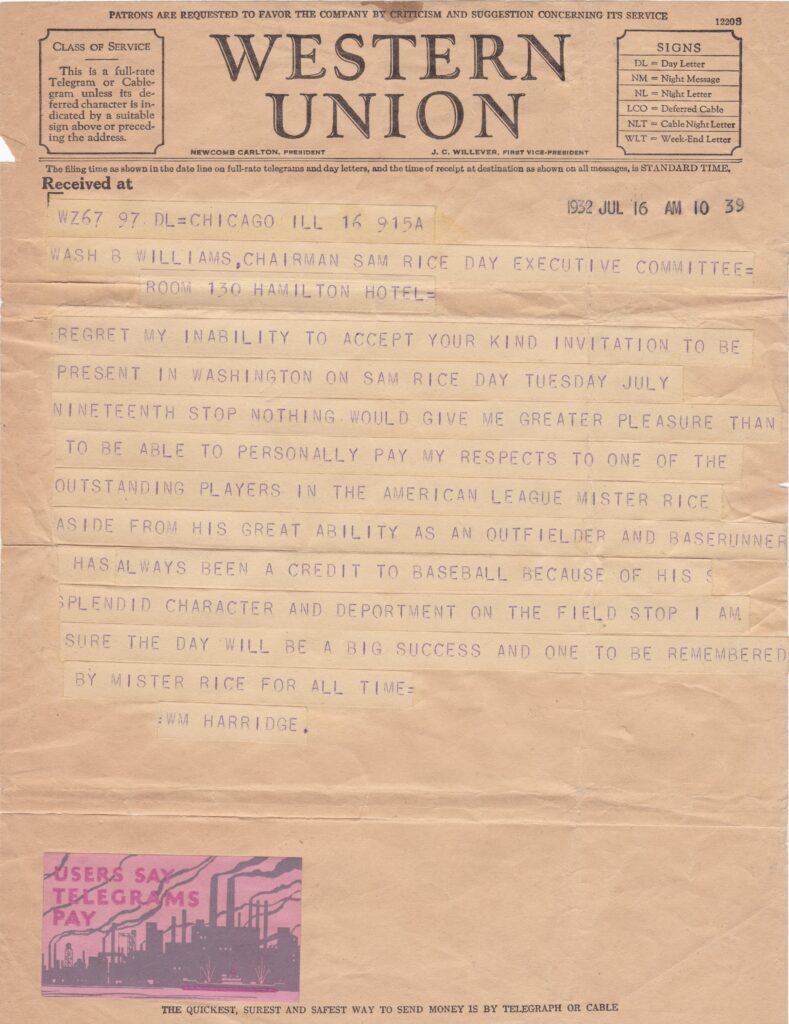
Harridge learned to embrace and love the game during his more than 30 years in the AL
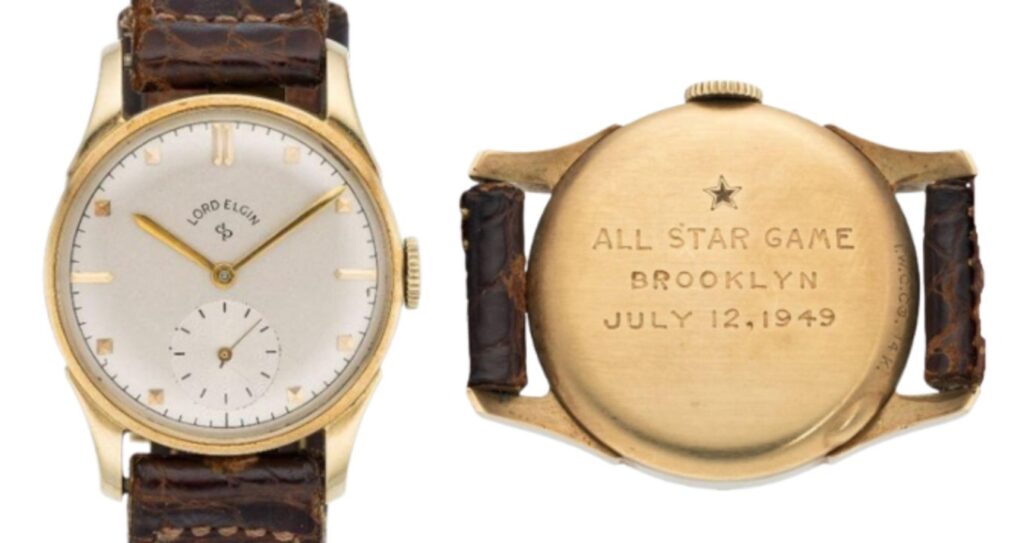
William Harridge played the strongest role in establishing the annual All Star Game
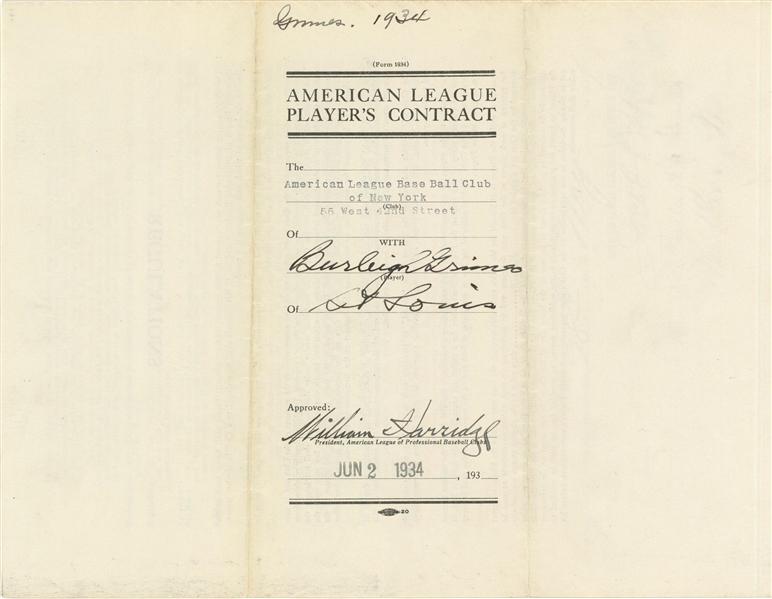
William Harridge signed Burleigh Grimes' 1934 Yankee contract as the last legal AL spitballer
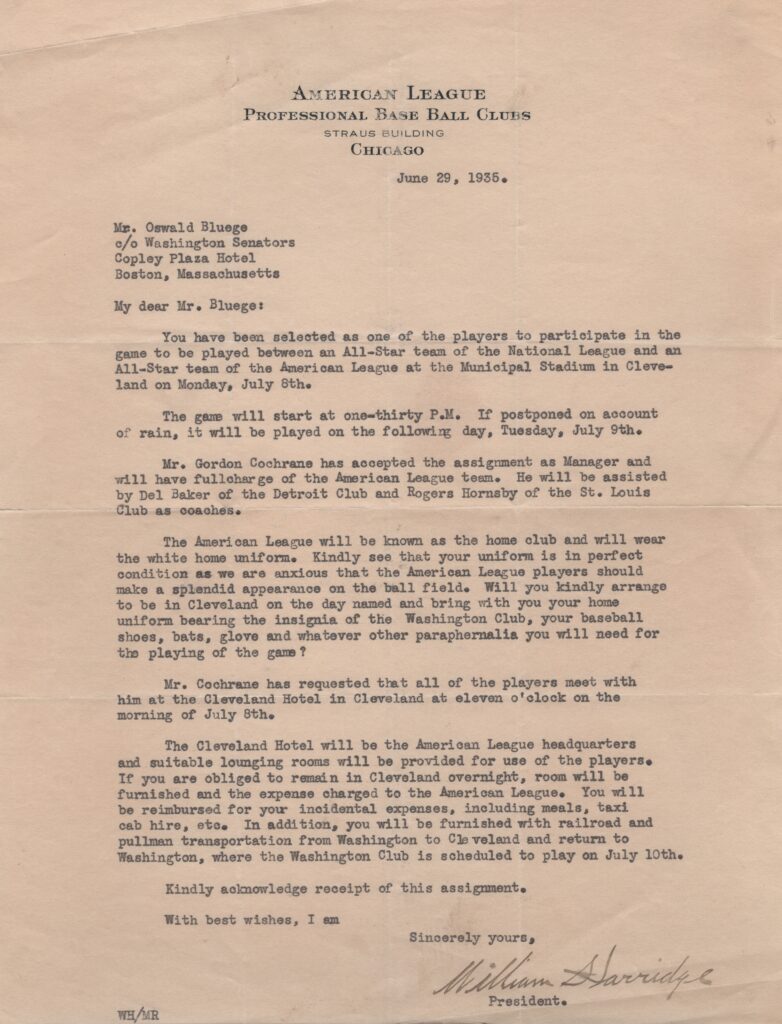
As AL chief, Harridge invited selected players to the All Star Game
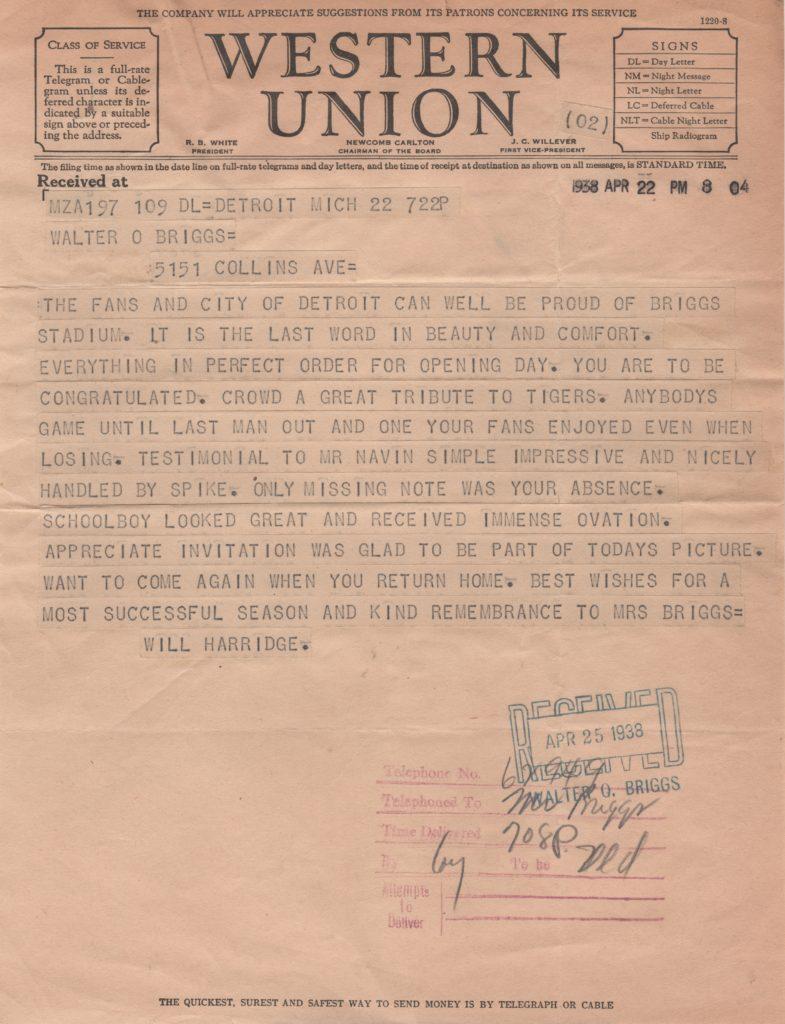
William Harridge congratulates Detroit owner Walter Briggs on stadium opening
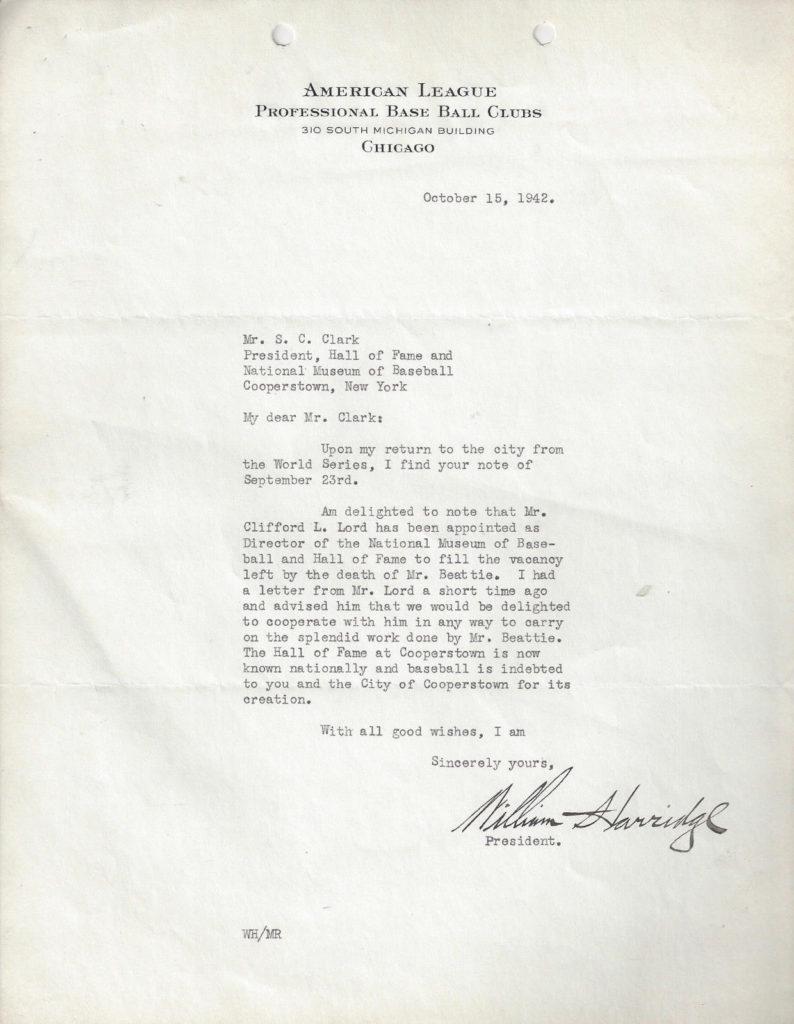
Will Harridge writes to Stephen Clark, founder of the Hall three years after its doors opened
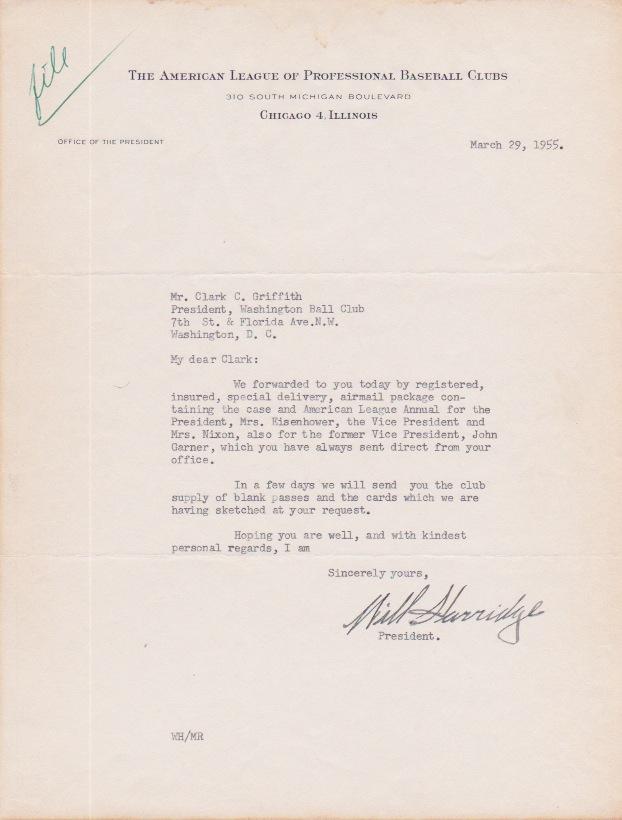
Harridge sent passes for President Eisenhower and VP Nixon to Clark Griffith for presentation
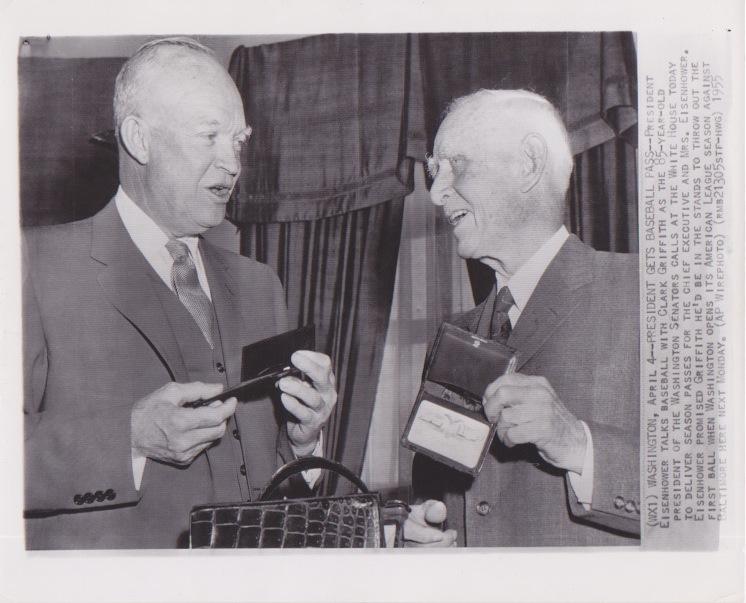
Clark Griffith presents the pass to President Eisenhower at the White House
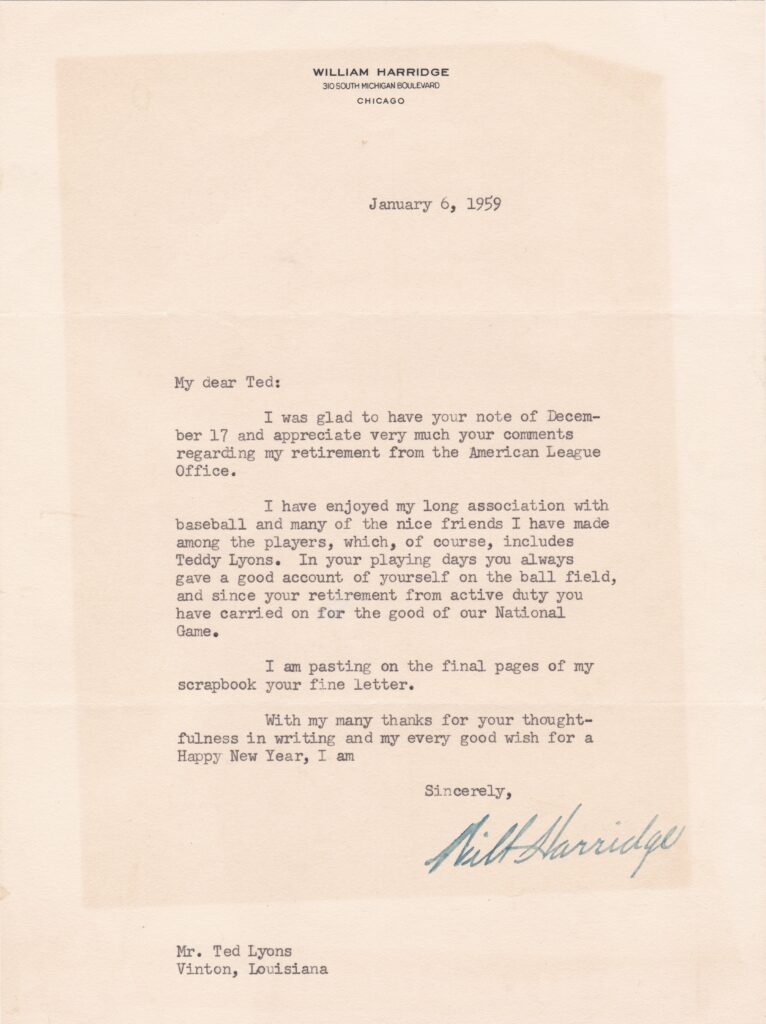
William Harridge took great pride in representing the American League as its president
